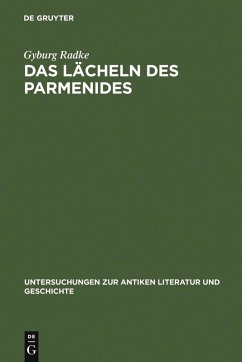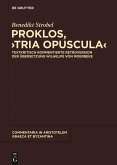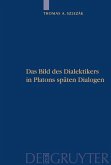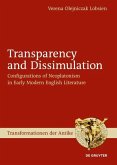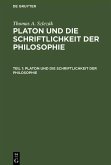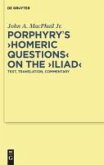,Die literarische Form ist der wahre Inhalt der Platonischen Dialoge.' - Mit dieser These hat sich in den letzten zweieinhalb Jahrzehnten eine neue Richtung vor allem in der anglo-amerikanischen Platonforschung durchgesetzt. Das Buch diskutiert diese moderne These und ihren Anspruch einer revolutionären Wende gegenüber der traditionellen Platondeutung, die seit dem antiken Neuplatonismus Platon dogmatisch gelesen und die Form seiner Philosophie vernachlässigt habe. Erstmals werden die Interpretationen, die Proklos, der bedeutendste Neuplatoniker nach Plotin, zur literarischen Form der Philosophie Platons vorgelegt hat, detailliert und als Alternative zu modernen Zugangsweisen präsentiert. So kann gezeigt werden, dass der Vorwurf, diese seien naiv dogmatisch und überformten das offene Platonische Philosophieren durch ihre Systematik, nicht haltbar ist.
Dieser Download kann aus rechtlichen Gründen nur mit Rechnungsadresse in A, B, BG, CY, CZ, D, DK, EW, E, FIN, F, GR, HR, H, IRL, I, LT, L, LR, M, NL, PL, P, R, S, SLO, SK ausgeliefert werden.
Perlentaucher-Notiz zur NZZ-Rezension
© Perlentaucher Medien GmbH

